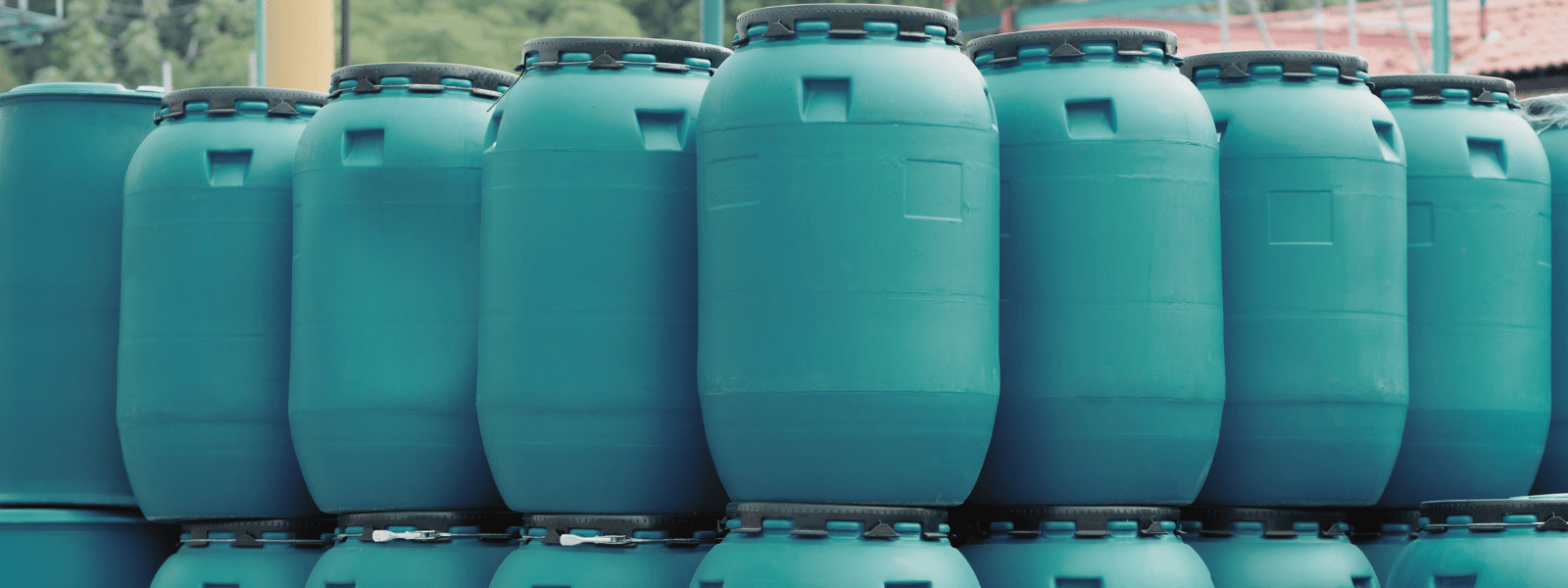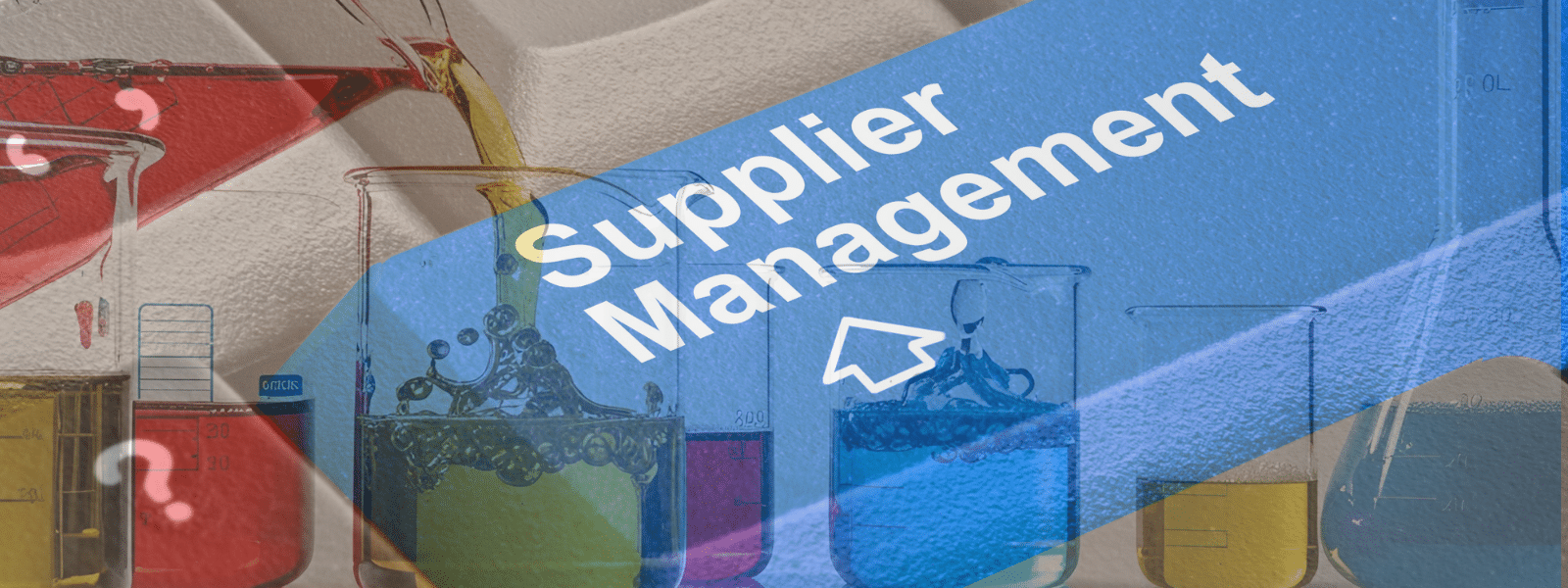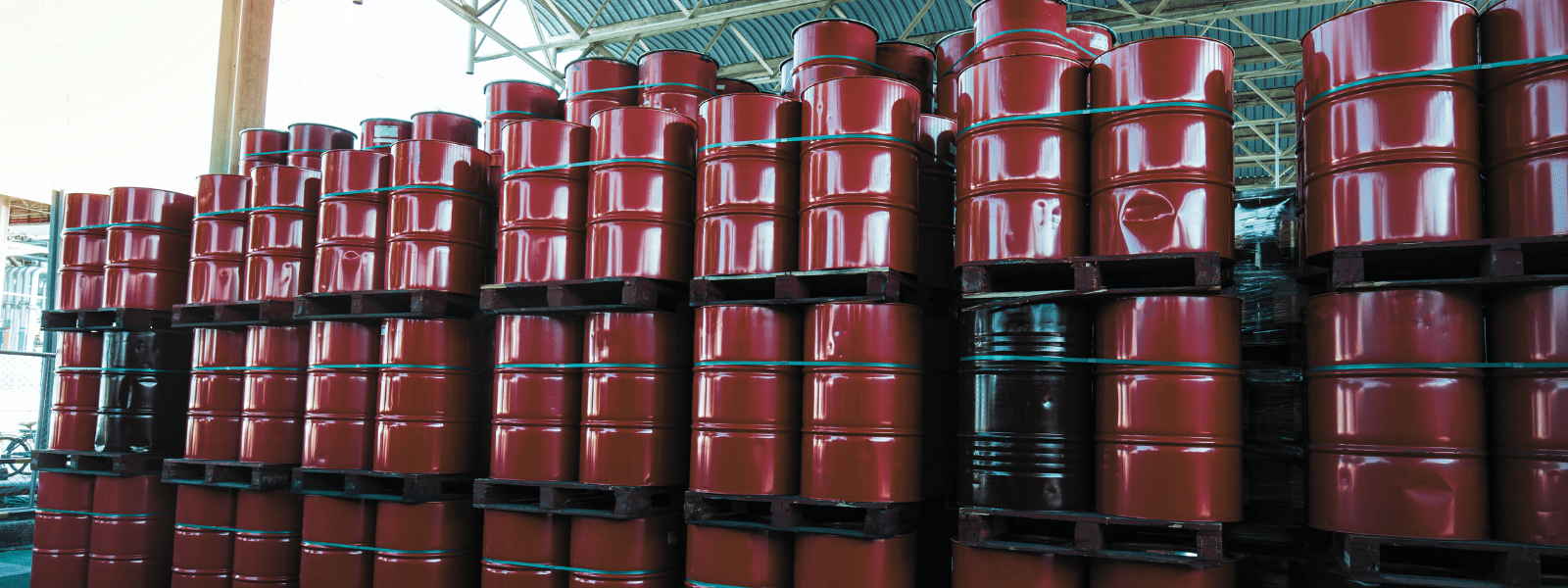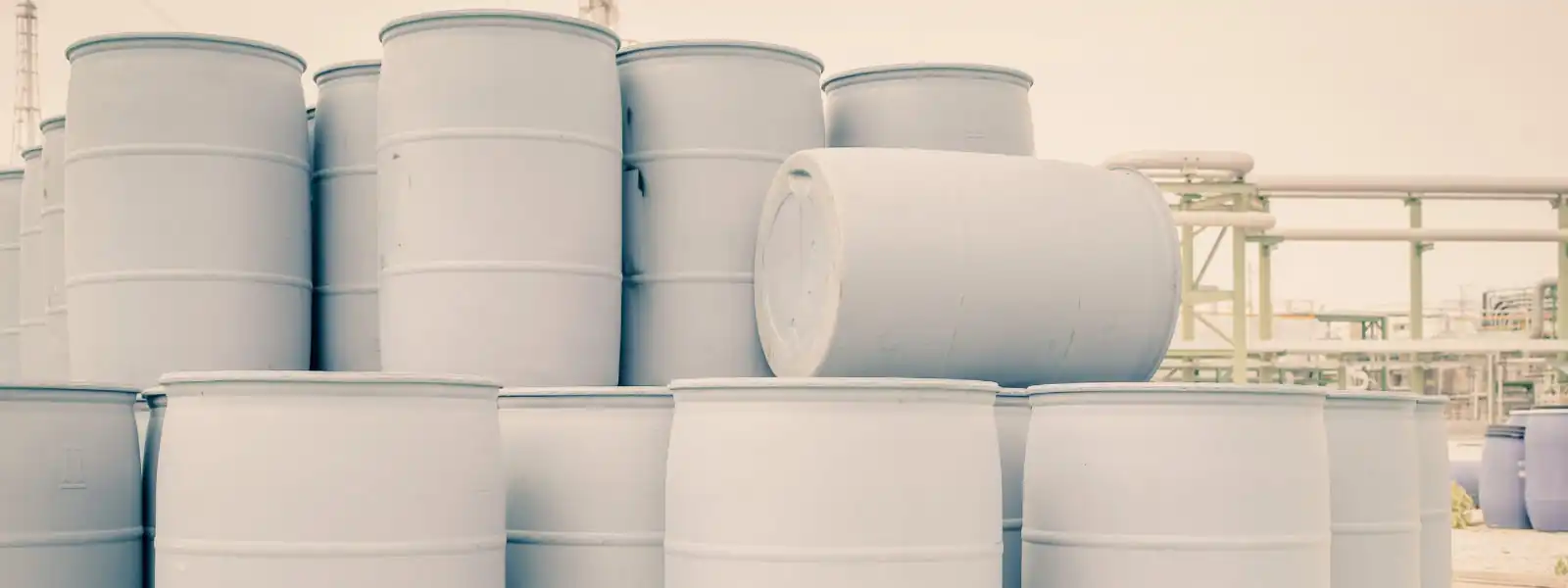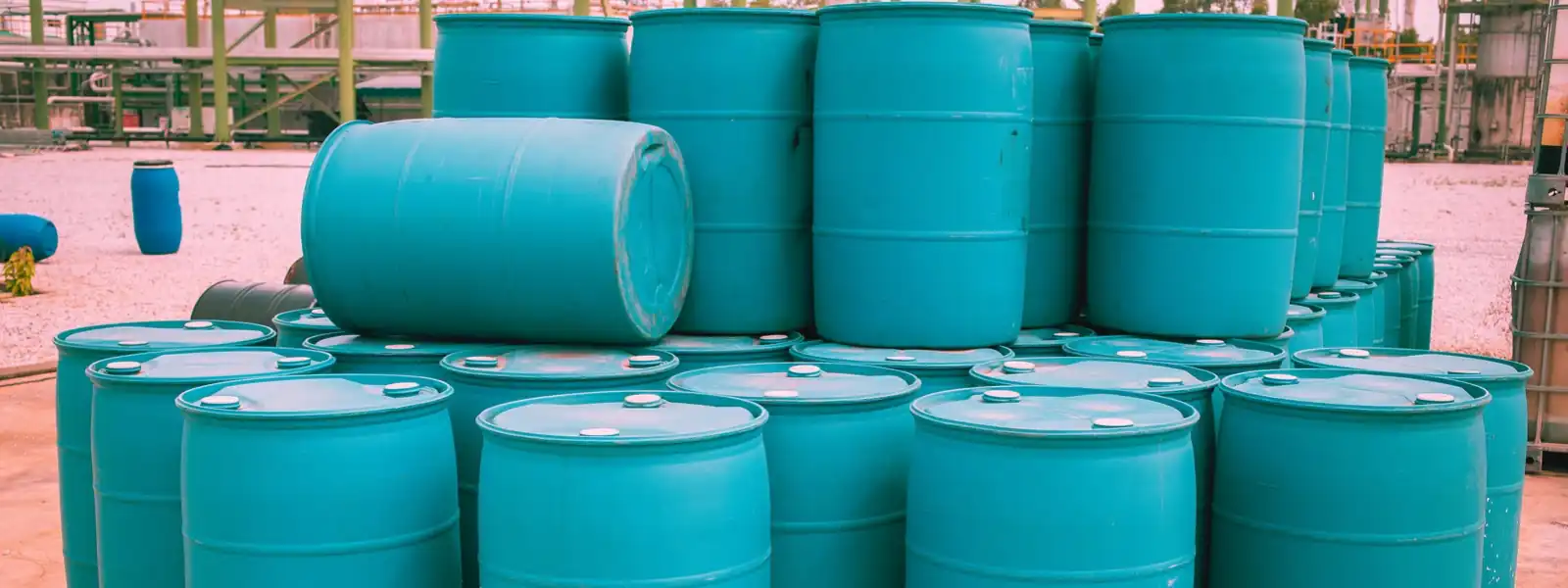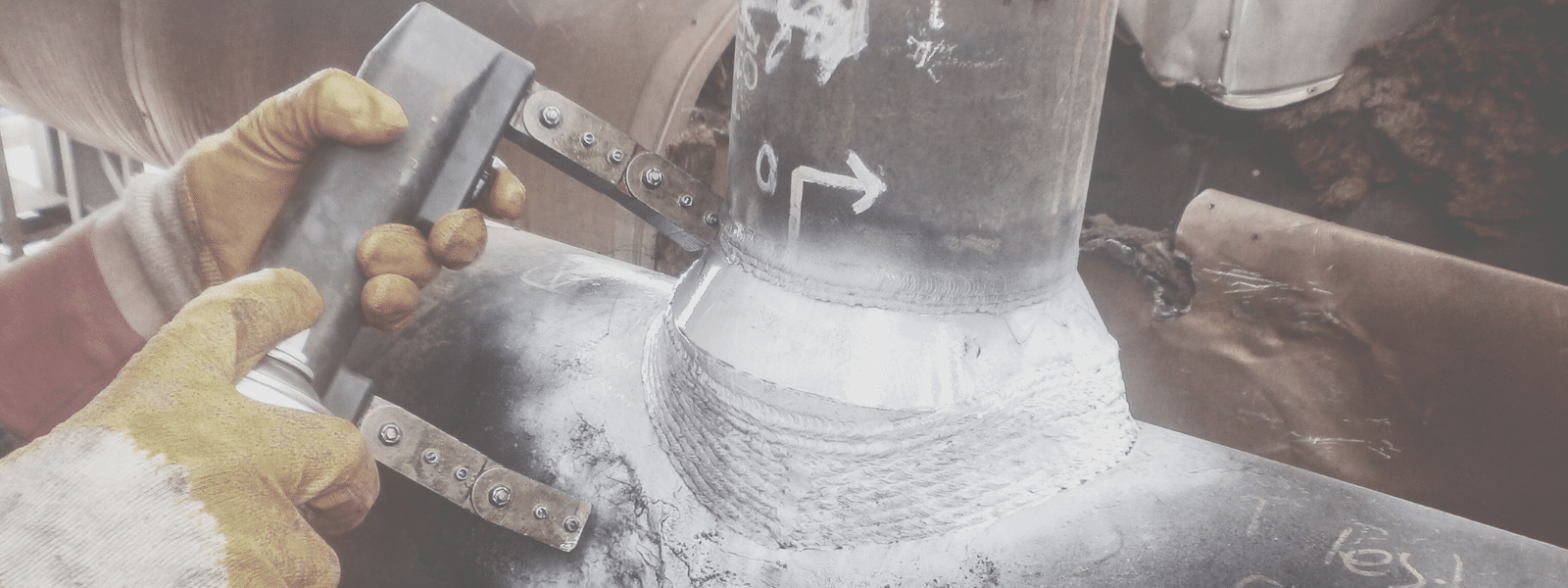As sustainable chemical management continues to benefit companies by lowering operating costs through solvent reuse and reducing the chemical toll industrial practices take on the environment, more companies are looking to jump on the sustainable solvent bandwagon. For some, the easiest path to sustainable chemical management is using a parts washing system that performs solvent recycling. About this topic, we present a list of frequently asked questions.
What parts washer should I use for sustainable chemical management?
Step one is to choose a washing system that’s designed to hold your solvent. If you don’t mind implementing a new solvent, then the world is your playground. Choose your favorites equipment brands and models based on what’s most important to the solvent recycling initiatives of your company.
How does a parts washer condenser unit preserve sustainable solvent?
Cutting-edge parts washers use a complex process to get the end result. The best way to understand the role condensation plays in the process is to describe how waste solvent is condensed for solvent recycling purposes:
- Soiled parts are placed on a rack inside the parts washer
- Solvent is placed in a basin that is below the rack
- A heating coil in the basin activates to vaporize the solvent
- Vaporized solvent rises and contacts soiled parts
- During the cleaning process, airtight seals maintain vapor pressure
- A vacuum pulls the used, vaporized solvent into a cooling zone, where it condenses
- The condensed solvent collects in a holding unit
- A transfer zone returns the liquid solvent to the solvent basin below the rack
This is the basic method of operation by which a condenser in the parts washing system prepares waste solvent for reuse.
For how many wash cycles can the rejuvenated waste solvent be used?
This is information you need to receive from the solvent manufacturer. If you purchased a recyclable solvent that promotes multiple wash cycles as a benefit, you may be able to find the information on the original solvent container.
Can rejuvenated waste solvent be removed from the basin and repurposed?
Technically, yes. But why would you want to do it? From a price-to-use ratio, the best place for rejuvenated waste solvent is in the solvent basin of the parts washer that condensed it. In other words, you get the best deal when using your solvent with a top-notch parts washer that helps facilitate sustainable chemical management.
Can rejuvenated waste solvent be stored for future cleaning operations?
Technically, yes. But the only foreseeable reason you would do this is to harvest solvent from broken machinery to use later after repairs are made.
Who We Are
Ecolink is a longtime promoter and manufacturer of eco friendly, industrial solvents in the industrial and commercial chemical markets. Our solutions span the globe, helping companies and organizations get the same cleaning power of their old solutions in newer, safer solvents, which are environmentally safe or environmentally preferred. To inquire about our sustainable parts washing solvents, please call us today at (800) 563-1305, or use our contact form.







